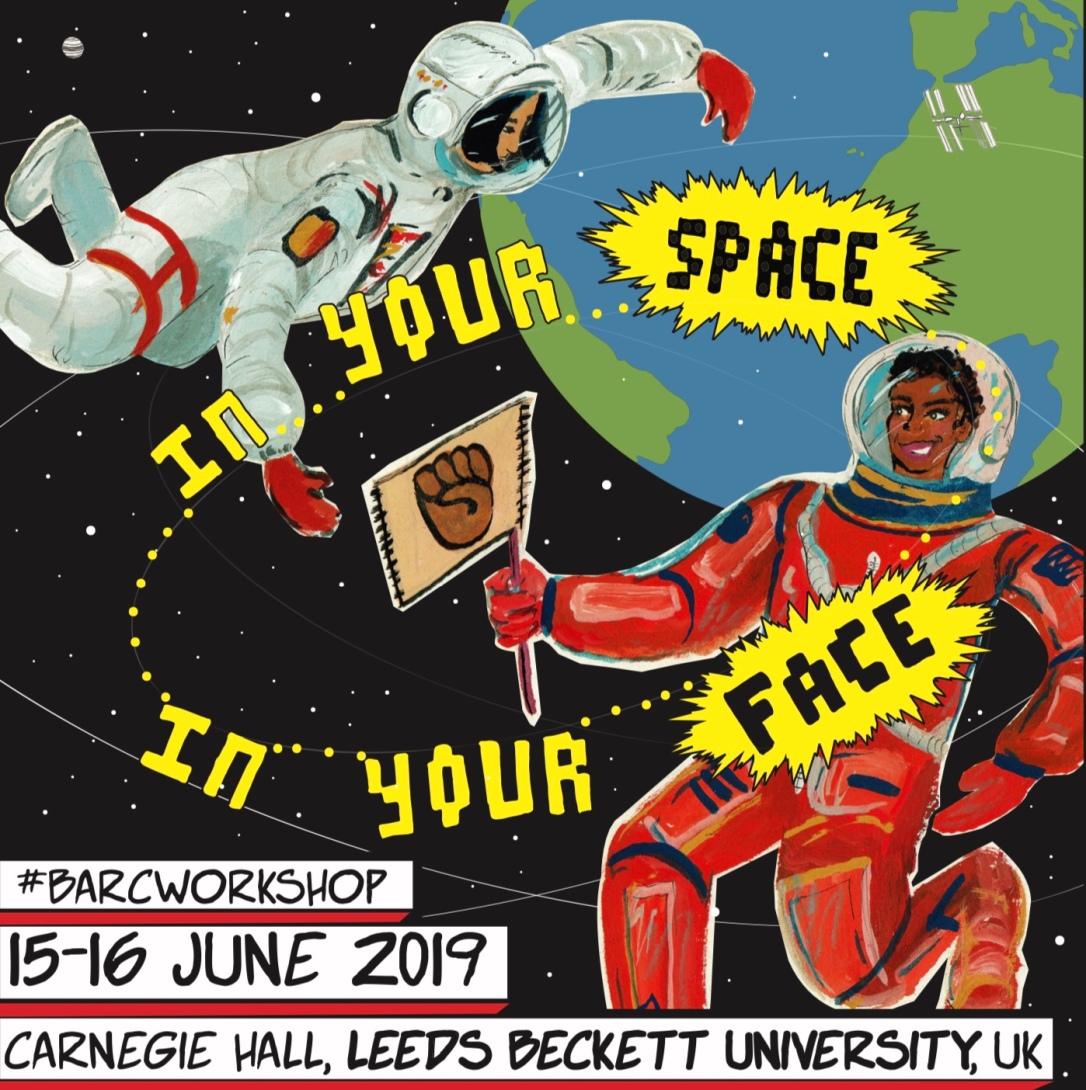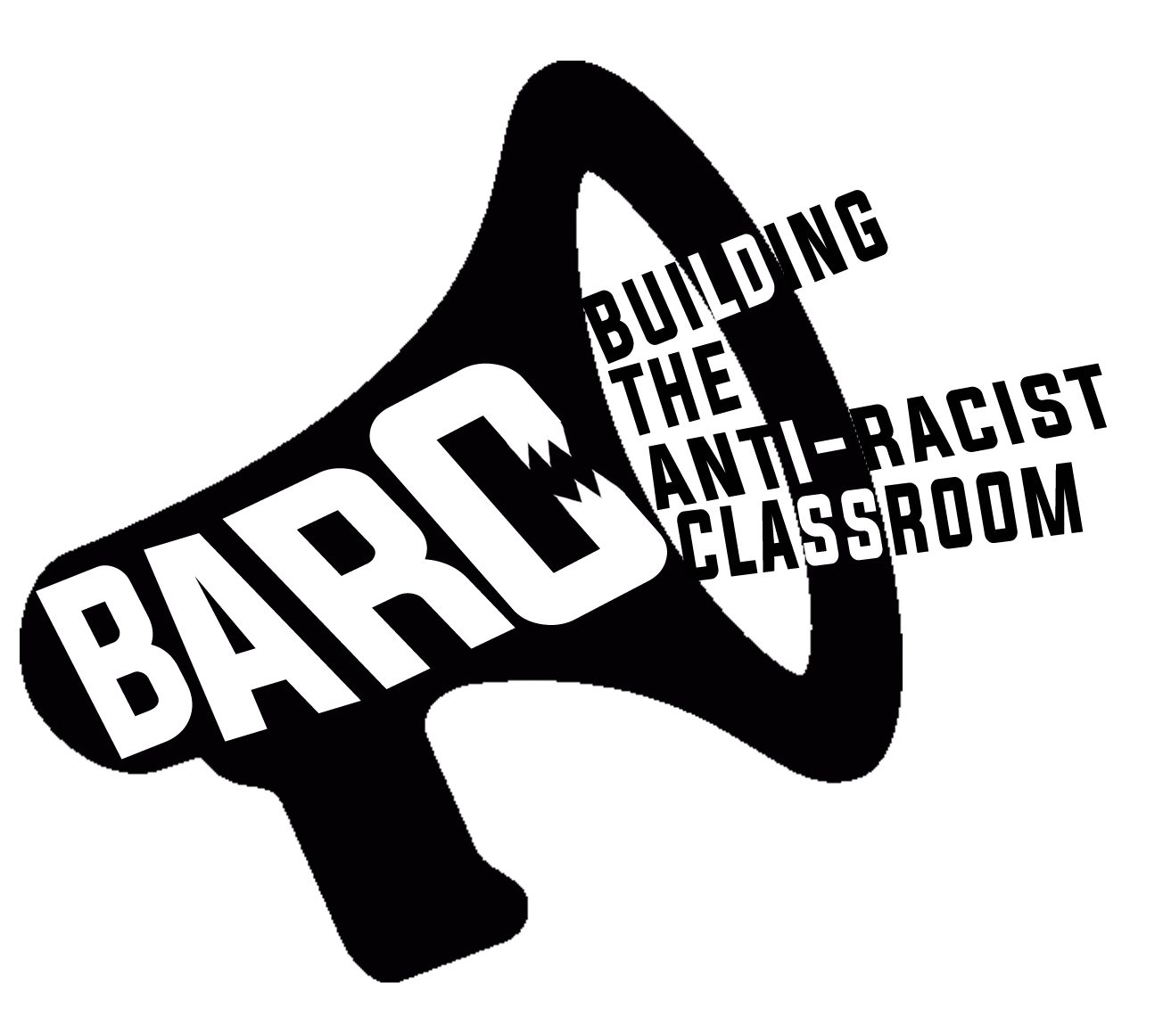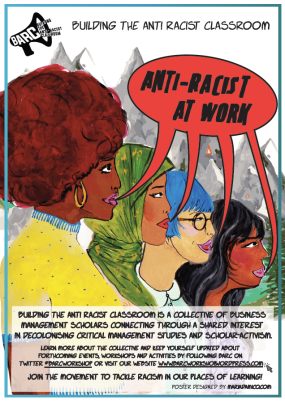
15-16 June 2019 - REGISTER HERE
9.30am-5pm, Saturday 15 June – Sunday 16 June 2019
Carnegie Hall, Leeds Beckett University, Headlingley Campus
Co-hosted by BARC and Prof Shirley Anne Tate of the Centre for Race, Education and Decoloniality, Carnegie School of Education, Leeds Beckett University.
Decolonising work within higher education has been gaining profile and momentum in both national and international universities.
But the discussion can often be confined to the re-working of course curricula which, whilst valuable, leaves unchallenged other important ways in which the learning environment are structured by the privileged norms of whiteness. Moreover, this approach can mean the decolonising project falls foul of becoming a tick-box audit exercise.
Over the course of this two day workshop, we invite participants to engage with us in re-imagining the classroom as a broader set of embodied relations and dynamics that have the power to perpetuate or to disrupt racism:
What is an anti-racist space? We will reflect deeply on this simple yet provocative question as we move forward in our work that develops the theoretical tools for our times that can be used to dismantle white supremacy in the classroom.
We build on Tate and Bagguley’s (2017) conceptualisation of the anti-racist university as a ‘contact zone’ where different people and ideas might be brought together in non-hierarchical relations to (re)form one another. We ask:
- What does an anti-racist classroom look like? What does it feel like?
- Who is understood to be a ‘good’ student, and how do they transform over the course of their degrees?
- What alternative philosophies can we draw on to envisage and embody anti-racist spaces, practices, and relations to one another?
- Do we have the language to imagine it, construct it, demand it?
Fees: We propose, for those who are able to access funds, an optional sliding scale solidarity fee (£20, £40 or £60) which will be used subsidise costs - please email us at to let us know you would like to contribute and we will send you details.
Participants will need to cover their own travel and accommodation but we do have a limited number of £50 bursaries available for attendees from NARTI institutions (see below). To apply for a bursary please email Joanne Garrick.
Daytime meals are included (Saturday: Breakfast, lunch; Sunday: Breakfast, lunch, afternoon tea). On Saturday night we will plan to go out somewhere for dinner together.
Spaces are limited to 30 participants. The event is sponsored by the Northern Advanced Research Training Initiative (NARTI) and thus targeted at business and management staff and students from NARTI institutions, but all scholars and students involved in decolonising and anti-racist work are encouraged to apply.
NARTI institutions: Keele University, Durham University, University of Hull, Leeds Beckett University, Leeds University, University of Liverpool, Liverpool John Moores University, University of Huddersfield, University of Manchester, York Management School, Lancaster University, Sheffield Hallam University, Sheffield University, University of Salford, Northumbria University, Newcastle University, Manchester Metropolitan University, University of Lincoln.
We aim to make this event as accessible as possible; please contact us with any accessibility needs that would support or enable your participation.
To register for the event, please click here.
Follow updates on Twitter: @CollectiveBARC #org4lib #barcworkshop
Thank you and we hope to see you there!

 learning environments in which the voices of white students and the English medium are often dominant.
learning environments in which the voices of white students and the English medium are often dominant.